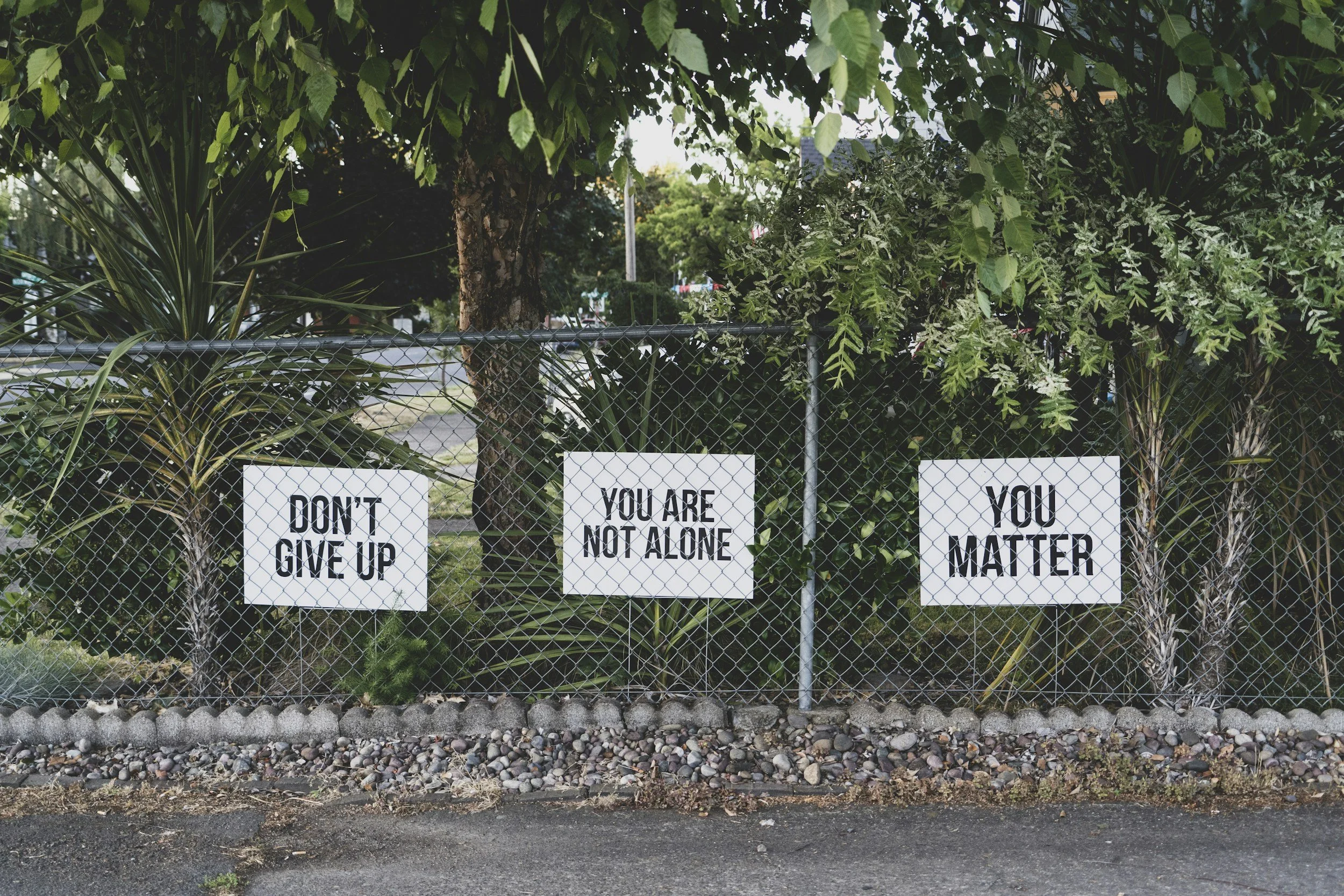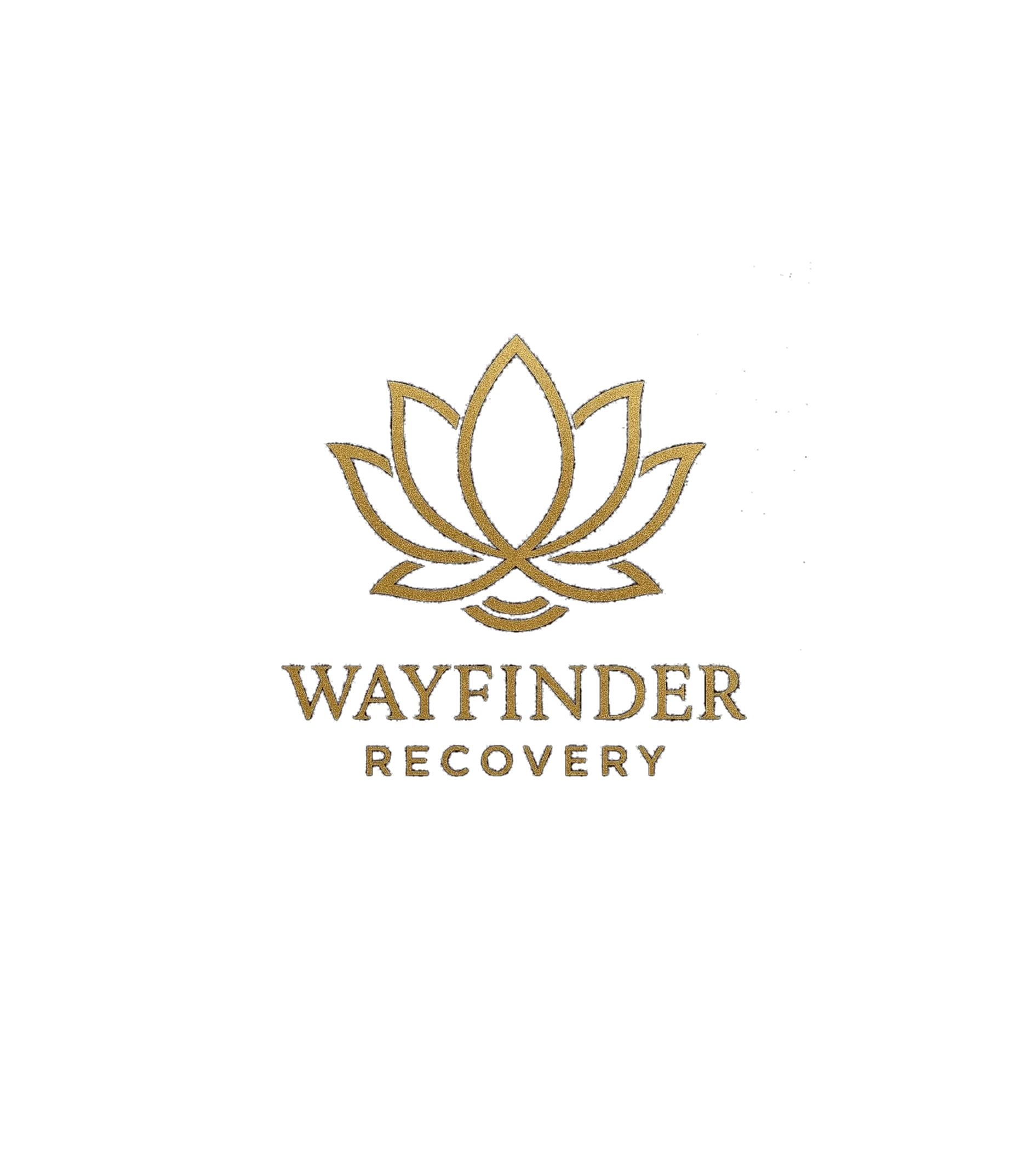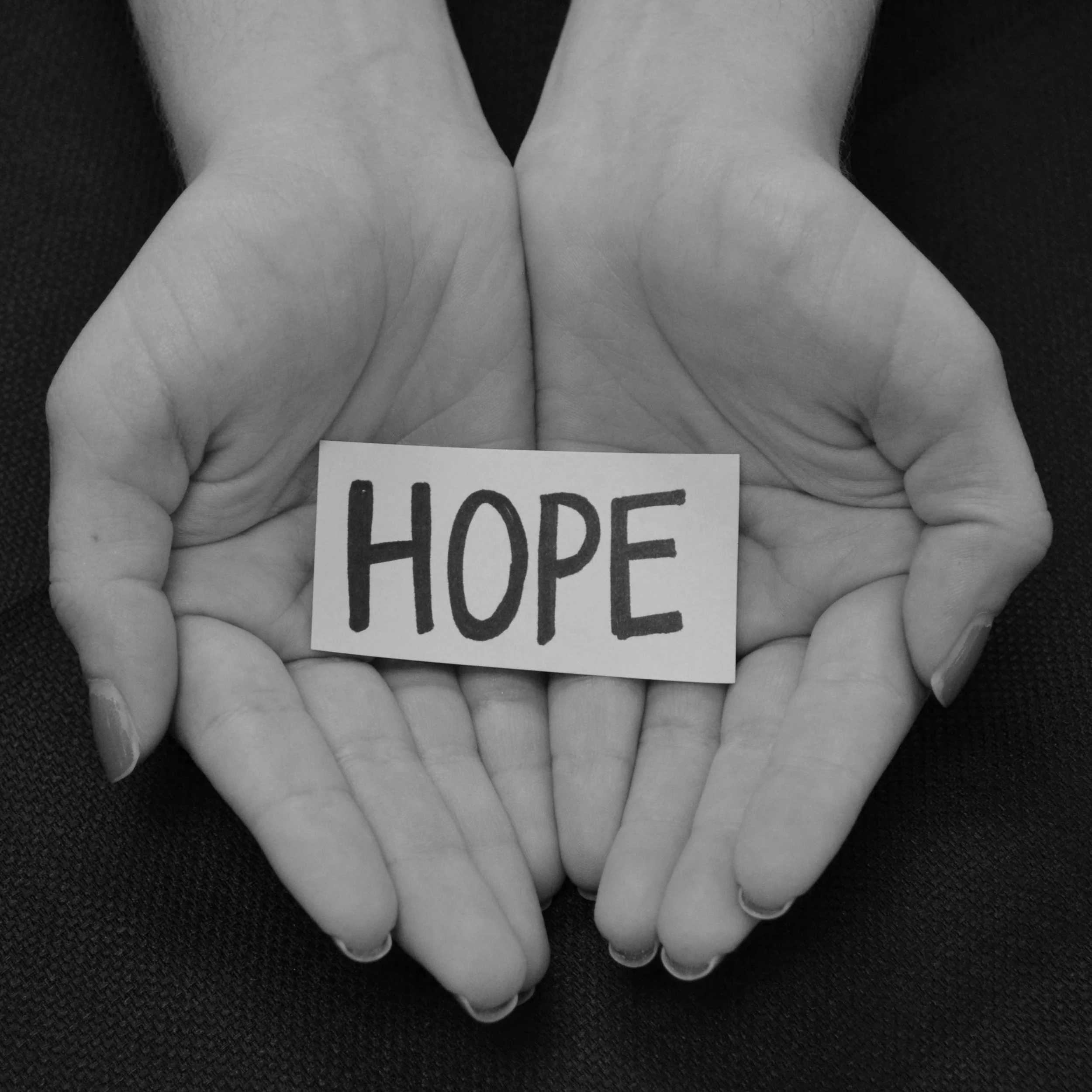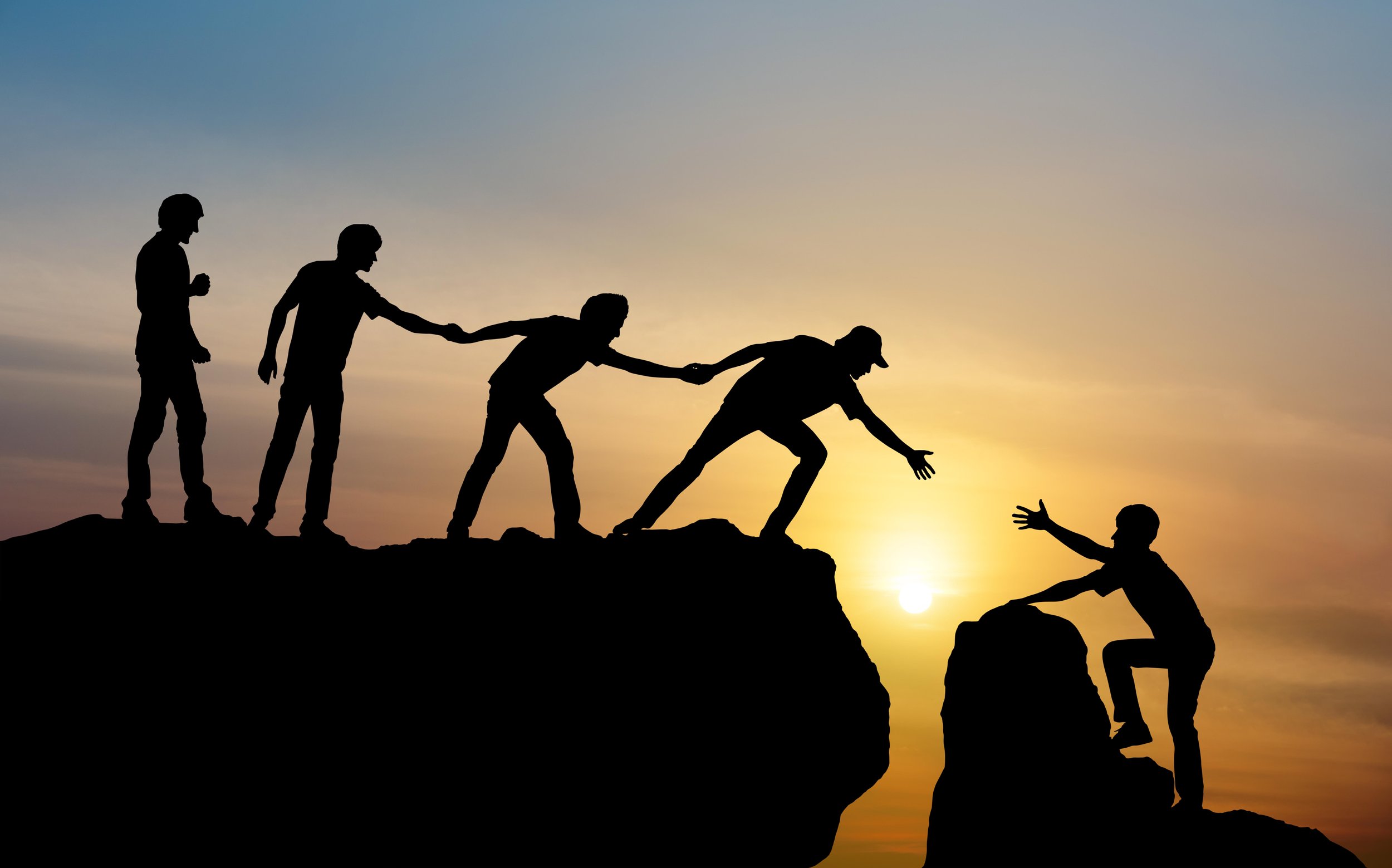
Alternatives to 12-Step Programs: Exploring Multiple Pathways to Recovery
Alternatives to 12-Step Programs: Exploring Multiple Pathways to Recovery
12-step programs like Alcoholics Anonymous have helped millions of people, but they are not the only option for addiction recovery—and they are not the right fit for everyone. If traditional 12-step recovery hasn’t worked for you, that does not mean you failed. It means you may benefit from a different recovery pathway.
Today, there are many alternatives to 12-step programs, including SMART Recovery, medication-assisted recovery support, secular recovery groups, Buddhist-inspired recovery communities, women-centered programs, dual diagnosis support groups, and sober social communities. These mutual-aid options offer flexible, evidence-informed, and values-aligned approaches to recovery that honor personal choice, mental health needs, and diverse belief systems.
Recovery is not one-size-fits-all. Exploring different recovery support options can help individuals and families find a path that feels sustainable, empowering, and supportive—without shame or pressure to conform.

Rethinking Addiction: Neuroplasticity, Learning, and the Limits of the Disease Model
I’m proud to share that I received a 100% on my final research paper in Biological Psychology at SUNY Empire State University.
The paper explored the neurobiology of addiction and recovery, focusing on learning, motivation, emotion regulation, and neuroplasticity. Rather than relying on a purely disease-based framework, I examined current neuroscience that frames addiction as an adaptive, learned process; one that can be reshaped through safety, connection, meaning, and supportive environments.
This work brought together peer-reviewed research, neuroimaging studies, and real-world clinical implications, and it strongly reinforced why compassion-based, trauma-informed approaches are not just humane, but scientifically sound.
Grateful for the learning, the challenge, and the opportunity to bridge biology, psychology, and lived experience in a way that truly matters.
Onward. 🧠✨
#AcademicWin #BiologicalPsychology #Neuroscience #AddictionRecovery #Neuroplasticity #TraumaInformedCare #BehavioralHealth #HigherEducation #SUNYEmpire

Co-Occurring Disorders
Co-occurring disorders; when substance use and mental health challenges exist side by side are more common than most people realize, yet they’re often treated as separate issues. In this article, written for Vital Voyage Blog, I talk about how integrated, compassionate care can transform outcomes for people living with both. Drawing on lived experience and evidence-based practice, I examine why treating the whole person, not just the diagnosis, is essential for long-term healing and recovery.
Visit Vital Voyage Blog for many more articles written by experts in the field of behavioral health. www.vitalvoyageblog.com

Finding the Right Treatment Center for You: A Guide to Choosing Support That Actually Fits
Choosing a treatment center can feel overwhelming — but it doesn’t have to be. This guide offers practical tips for finding a program that truly fits you — your needs, your values, and your vision for recovery. From understanding different approaches to knowing the right questions to ask, you’ll walk away with more clarity, confidence, and support for your next step forward.

From Powerless to Empowered: Rethinking Recovery Narratives
The word “powerless” is often the first thing people hear in recovery — but for many, it doesn’t feel very empowering. In this blog, I explore how the language of traditional 12-step programs can sometimes clash with the needs of trauma survivors and modern recovery seekers. While admitting we need help is vital, recovery isn’t about giving up power: it’s about reclaiming it. Empowered recovery means recognizing that we have the strength to heal, with support, on our own terms.

It’s Not "Medication-Assisted" — It’s Just Treatment
Why is it that when someone uses medication for a heart condition, we just call it treatment — but when it’s for addiction, we call it “medication-assisted” and question its validity? As someone who survived multiple overdoses and was kept alive by Suboxone, I know firsthand how damaging this stigma can be. The shame I felt for “not being truly sober” led me to taper off too soon, and I nearly died. This post explores the life-saving role of medication in substance use recovery, why the stigma needs to end, and why it’s time we drop the judgment and just call it what it is: treatment.

Your Brain on Recovery: How Healing Rewires The Mind
We often hear that addiction hijacks the brain — but what’s less talked about is how recovery can help restore it. Thanks to the science of neuroplasticity, healing isn’t just possible — it’s physiological.

Mindfulness-Based Recovery
I say this all the time; recovery is more than just quitting substances or stopping a behavior. It’s about learning to live in a new way. One that feels real, honest, and actually worth living. It’s about building a life that you don’t want to escape from.
That’s where mindfulness-based recovery comes in.

Ending The Stigma: Supporting People Who Use Substances
Stigma isn’t just a word — it’s a barrier. It shows up in conversations, in healthcare, in policy, and in the very way we talk about people who use substances. This post explores how stigma harms people who use substances by blocking access to care, fueling shame and isolation, and reinforcing negative stereotypes. Not everyone who uses substances has a problem with it, yet stigma paints everyone with the same brush. It's time to change the conversation — and build a culture of compassion and understanding that supports recovery in all its forms.

Bridging the Gap: The Value of Recovery Coaching in Clinical Care
Recovery from substance use disorders (SUDs) or mental health disorders is not a one-size-fits-all process. Clinical services such as therapy, medication-assisted treatment (MAT), and psychiatric care play a critical role. But what happens between sessions? Who helps a person navigate the messy, day-to-day reality of building a new life?
That’s where recovery coaches come in.

Recovery is Personal - So Let’s Stop Policing it
Image and themes in this blog post were borrowed and inspired by Never Use Alone hotline, a National Overdose Prevention Lifeline 800-484-3731. Providing no-cost 24/7/365 overdose prevention monitoring, detection, and crisis response and reversal call center services for people who use drugs alone who are at highest risk of a fatal accidental overdose.

Behavioral Addictions: As Powerful and Complex As Substance Use Disorders
When we think of addiction, substances like alcohol, opioids, or stimulants often come to mind. However, behaviors such as gambling, compulsive internet use, or excessive shopping can also become addictive, leading to significant distress and impairment. These behavioral addictions are not merely bad habits; they are complex conditions that share many similarities with substance use disorders.

Before it Was a Problem, It Was a Solution; Addiction as a Symptom
When we think of addiction, we often jump to the aftermath: broken trust, lost jobs, health crises, fractured families. But before any of that happened, before the word “addiction” even entered the picture, substance use was doing something. It was working. It was solving a problem.
That’s the part we don’t talk about enough.

Harm Reduction: A Human-Centered Approach to Recovery and Substance Use
When people hear “harm reduction,” they often think of things like needle exchanges or Narcan kits. While those are important tools, harm reduction is so much more. It’s not just a strategy—it’s a philosophy, a framework, and an act of radical compassion.

What Recovery Really Looks Like: Beyond the Stereotypes
When people hear the word recovery, they often picture a very specific image: someone sitting in a circle at a 12-step meeting, counting days of sobriety, and living a life of quiet, contented abstinence. For some, that’s exactly what recovery looks like. But for many others, it’s not that simple—and it doesn’t have to be.

Let’s Talk About Chronic Relapse
Let’s start with the truth:
Relapsing—once, twice, or twenty times—doesn’t mean you’re broken, weak, or beyond help.
If that’s all you needed to hear today, take a deep breath and let it land. Because we’ve all internalized a lot of shame around what it means to “slip,” “mess up,” or “start over.” But here’s the thing: relapse isn’t a “character defect”. It’s a signal. And when we stop treating it like a personal failure, we can actually begin to understand what’s going on underneath it.

Supporting Loved Ones in Recovery Without Losing Yourself
When someone you care about is struggling with addiction or mental health issues, your instinct might be to drop everything and do whatever it takes to help. That’s love in action—but it’s also a slippery slope. Before you know it, your own health, peace of mind, and even your identity can get lost in the effort to save someone else.

Sitting in the Middle: Understanding Ambivalence in Recovery
One of the most confusing and overlooked parts of recovery is ambivalence. It’s the experience of holding two conflicting truths at the same time—wanting change, but also fearing it; desiring healing, but also resisting it.
In the recovery world, ambivalence can be deeply misunderstood. It’s often seen as resistance, noncompliance, or a lack of motivation. But that couldn’t be further from the truth.
Ambivalence isn’t a problem to be fixed.
It’s a sign of engagement.

The Role of Radical Compassion in Recovery
Recovery is not just about stopping harmful behaviors—it’s about healing, rebuilding, and discovering a life worth living. At the core of this journey is radical compassion, an approach that meets people exactly where they are, free from judgment, shame, or unrealistic expectations. Whether someone is just beginning to consider change or has been in recovery for years, radical compassion can be the foundation for lasting healing.

The Stages of Change; Why Relapse Doesn’t Mean Failure
Recovery is often seen as a straight path—once you decide to change, you move forward and never look back. But the reality is much more complex. Change, especially in addiction recovery, is a process, not a single decision. The Stages of Change model, developed by Prochaska and DiClemente, helps us understand this journey and reminds us that relapse is not failure—it's part of the process.
